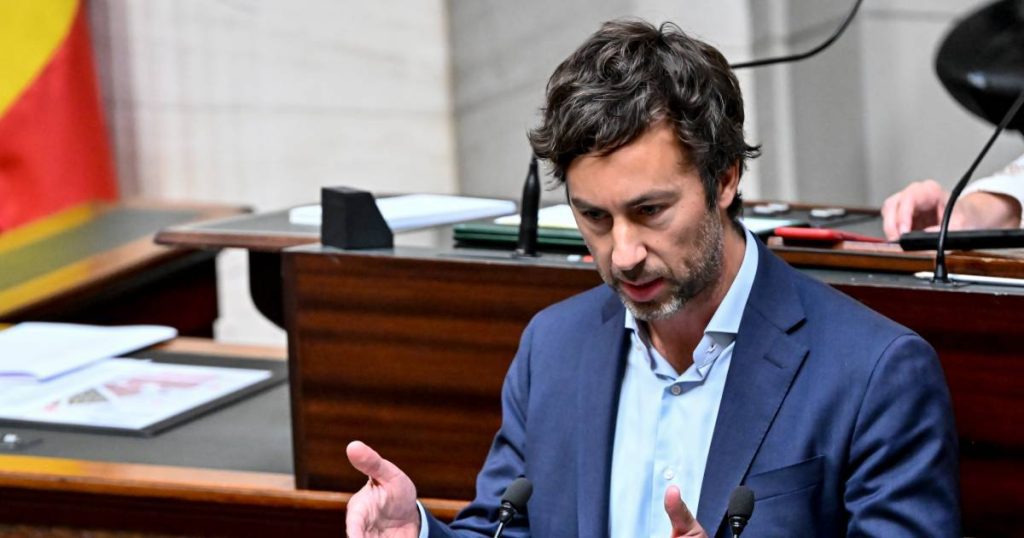No compensation, but a clear condemnation of our colonial system and an apology from the room. This is stated in the draft final report prepared by Wouter de Vriendt, chair of the House Special Committee that has spent months studying our colonial past.
The commission organized a large number of hearings. At least 144 people and organizations were reviewed. The work will be completed at the end of this year. This means that the committee’s report and recommendations must be voted on in December. The draft text with which de Vriendt now addresses the other factions is the “greatest common denominator” he gleaned from previous conversations.
There are no fewer than 128 recommendations. They go very wide. But the most politically charged chapter is the chapter on symbolic recovery. Compensations are not included in the recommendations. It’s also not about individual guilt or guilt, but about the collective responsibility to pursue recovery.
exploitation and control
However, de Vrient proposes that the chamber condemn the colonial system in the Congo, Rwanda, and Burundi as one based on exploitation and control. The Chamber should also apologize, considering that many Belgians gave their best.
He suggests that the executive – that is, the king and the government – also take similar steps towards a symbolic restoration after a well-thought-out process. The same recommendation also applies to churches, businesses, and private organizations.
a look. King Philip expressed his regrets in the Congo last summer, but he did not use the word “apology”.
Much attention is paid to public space in the proposal. A few years ago Controversy reignited over street names and statues of Leopold IIand this in light of the momentum of the Black Lives Matter movement and anti-racism demonstrations, but also on the 60th anniversary of Congo’s independence.
De Vriendt argues that colonial references such as the glorification of the colonial period evoke resistance. According to him, it is not the commission’s job to tell a city or municipality that a particular statue should disappear or remain. Each case should be dealt with individually, but in any case there should be at least room for context or contradiction. In this sense, he proposes to give an interpretation of the portraits and paintings of the former king in the room.
The head of the committee calls for thinking about folklore so that it develops and is stripped of any racist content. This includes the Zwarte Piet discussion, but also the ceremonial marches, for example. Another point of interest is the fight against racism in school and in the police force. Meanwhile, the law also saw the light of day to regulate the return of colonial objects. De Vriendt also proposes to study the return of human remains.
Cash
His draft text contains a number of recommendations, but according to De Vriendt, the report should not be the end point. “Wound healing takes time. It is not up to the politicians to decide when the end point is reached,” he says. He also understands that such an exercise will always be the target of criticism. What goes far may not go far enough for another.
If the desire for profiling dominates, agreement will not be possible
During the performance, de Vriendt also identified the “very difficult political context” in which the committee was active. He spoke of an “enormous profiling drive” that reared its head from time to time. In doing so, de Vriendt cited the “frequent framing about reparations payments that do not correspond to reality,” as well as the trip the commission made to former colonies and the “cultural battle raging over our colonial past.”
De Vriendt therefore calls his paper the greatest common denominator. “If the desire for profiling takes over, agreement will not be possible,” she said. But he thinks it is politically possible “if there are enough parties who want to come to an agreement at all”.
Unlimited free access to Showbytes? Which can!
Log in or create an account and never miss a thing from the stars.

“Creator. Award-winning problem solver. Music evangelist. Incurable introvert.”









More Stories
Funny protest against mass tourism in Galician village
Cause of backlash known in LATAM – in the sky
Increased investment in European defence startups